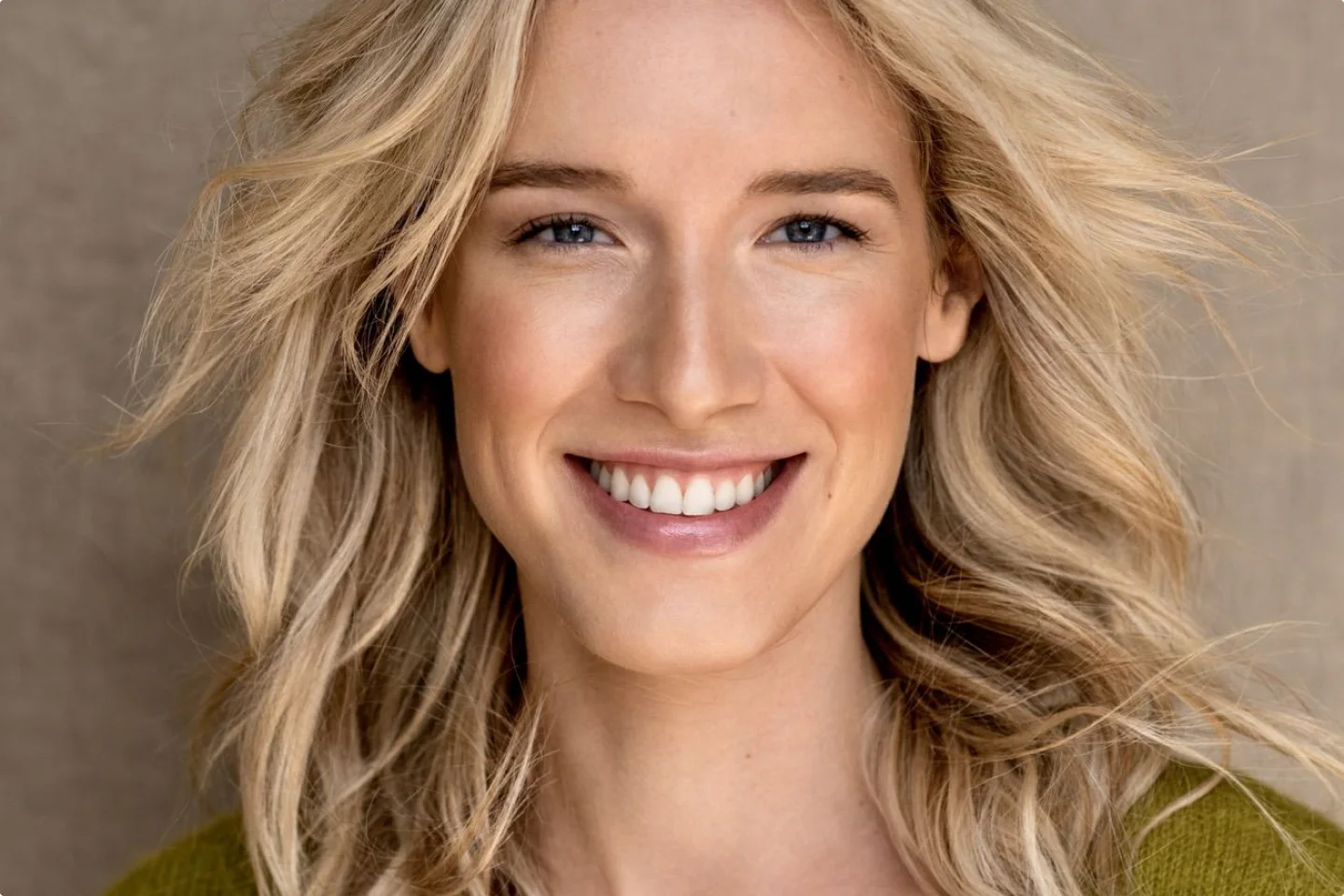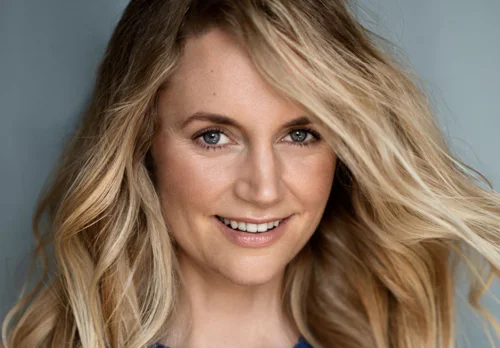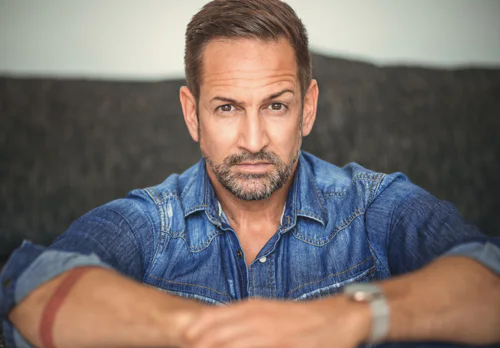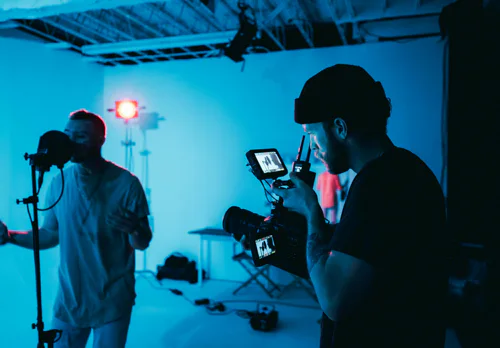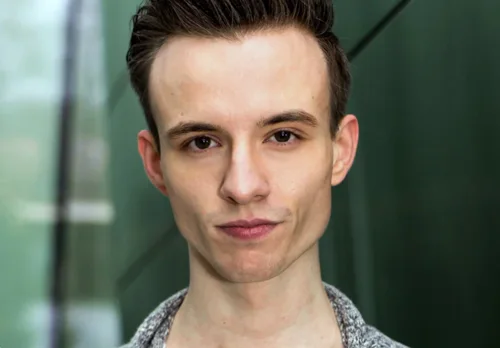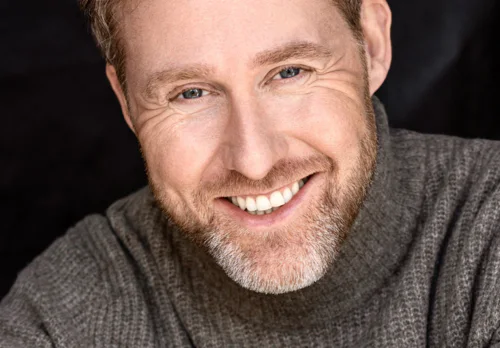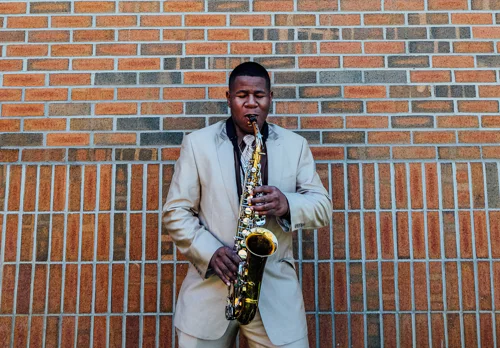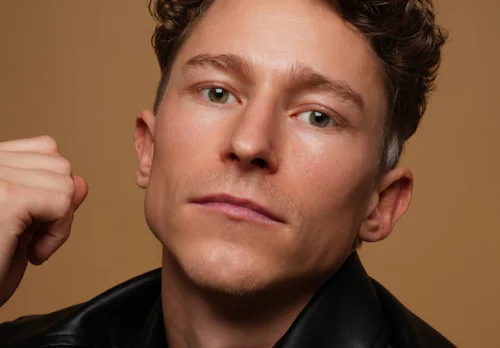From talk show host to audience favorite
Barbara Schöneberger, Palina Rojinski, Nazan Eckes and Klaas Heufer-Umlauf are among the most popular and successful presenters in Germany. They impress with their strong personalities and thus create a recognition value with their audience. With charm, intellect and humor, they guide viewers through various formats, such as talk shows, evening events, interviews, podcasts or news.
Their main task is to interact with the audience, create excitement and explain processes. Personal commitment is the order of the day in this profession. By independently researching the topic to be discussed or the invited guest, a presenter obtains sufficient background information and material for discussion. In addition to this aspect, there are other aspects such as program planning, rehearsals, memorizing texts and performance.
The interplay of these points makes the job description of a presenter very multifaceted and exciting. No wonder that many journalists, artists or marketing experts acquire presenting as an additional qualification.
What do presenters actually do?
A presenter is defined as a leader who can act as the host of a show, the anchor of the news or the mediator of topics. Their main task is to convey information truthfully and in a way that is easy for the viewer to understand, to entertain and engage the audience and to have a flair for evoking emotion in the audience. Since their function is the foundation of the program, they are assigned an essential role. At best, the focus is not on the presenter as a person, but on their guests, the topic or the contribution.
However, this changes in television presenting. Here, a consistent presenter always appears in a certain format and thus binds his viewers to him through sympathy, which in the best case results in a high viewer rating. Günther Jauch, Oprah Winfrey and Stefan Raab have already achieved this. In this case, it was their characters that made the TV show successful.
Jobs in which presenters read out the texts of other editorial staff hardly exist any more. In view of this, you spend a lot of time preparing and organizing programmes in advance. In television, for example, the broadcast schedule has to be discussed and planned, interviews requested and background information researched. In some cases, presenters are supported by a teleprompter attached to the camera, from which they can read their text.
Radio moderation, on the other hand, is classified as somewhat simpler. The presenters are not visible to the listener and can therefore use notes and read them out if necessary. They also only need to press a few buttons and operate controls, as almost everything works digitally.
Other areas of responsibility for moderators are Panel discussions at conferences and trade fairs, company workshops, weddings or similar.
Industries in which presenters find employment:
Film & Television
radio
Advertising & Web
Events of all kinds
Who hires presenters?
Presenters are lucky enough to be of interest to a wide range of customers. Due to the constantly changing media landscape, new customers are constantly being added. Current developments in web TV and web radio, for example, play into their hands, as qualified presenters are in demand.
Presenters find jobs:
at film and television studios
at production companies
at broadcasting companies
at advertising and event agencies
with industrial and commercial clients
What qualities and skills do presenters have?
Presenters have an enormous stage and camera presence. They brighten up any room with their presence alone. Presenters are very charming, likeable people with an impressive personality who also enjoy interacting with people.
They have excellent journalistic skills, which enables them to find interesting topics and present content in a way that is suitable for the audience. They also have a huge amount of general and specialist knowledge, enabling them to react quickly and spontaneously on stage. If unforeseen things happen, e.g. a technical failure, they impress with their improvisation.
Good expression and creativity are further strengths of presenters. They also present less exciting contributions, such as the topic of "spring cleaning", full of enthusiasm and with a new concept. They achieve this with an appealing voice in High German or, if necessary, in English if their interview partner speaks English. At best, they can translate what is being said word for word in the same breath.
Presenters are considered multitasking talents, they can manage all events during a performance, such as chatter from the audience, as well as attentively follow the director's instructions that are relevant to the rest of the program.
Is training as a presenter necessary?
To date, there is no state-prescribed training path to become a moderator. It is much easier to acquire moderation skills as an additional qualification and specialize in this area. Most presenters begin by studying journalism and take moderation as a minor subject. Career changers from other professional fields can continue their training in workshops or seminars. You can find out what content is taught there and which coaching courses are highly recommended in the following article: How to become a presenter?
Various speech and voice training courses are also helpful - you can find more information on this on the following page: How to become a voice actor?
The focus here is on "learning by doing". Young presenters take care of workshops on their own initiative and optimize their skills through many practical assignments in order to expand their network.
What entry opportunities do presenters have?
Before presenters make it onto the stage or to the microphone, they usually have to prove themselves as an editor or correspondent. If they do a good job by mastering small moderation tasks with confidence, the program director or another decision-maker may give them the chance to prove themselves as the host of their own program or show.
A great career often begins in radio. It is no coincidence that well-known TV presenters such as Günther Jauch, Anke Engelke and Anne Will started out in this sector and then switched later. In view of this, it is certainly an advantage to take on voluntary positions for school or university radio stations at a young age and to work for local stations in order to gain experience and build up a network. The choice of where to live is not unimportant. Of course, well-known media cities such as Cologne, Berlin and Munich are the most favorable.
In general, however, it can be said that the job prospects for presenters are promising. This is because new media and innovative technologies are constantly creating new opportunities for qualified and professional presenters, meaning that there are numerous areas of application. With each job, you gain more experience and expand your knowledge, which increases your chances of being booked for other jobs.
What does a presenter earn?
The fees for presenters vary greatly. Pricing depends on the following factors: Experience, number of references and expertise of the presenter, as well as the type of event to be presented.
Television presenters generally earn more than radio presenters. In both, however, a distinction is made between a reporter and a presenter, with reporters earning less.
A radio reporter in his early days has a salary starting at around EUR 80. A TV reporter who reads from a teleprompter earns from around EUR 200 per day.
Announcers for well-known formats, such as the 8 p.m. Tagesschau, are paid EUR 238.01 per 20-minute program.
Radio presenter salaries, on the other hand, start at around EUR 150 to 200 per day and around EUR 400 per day in TV.
Celebrity TV presenters receive by far the most. Their fees start at around EUR 900.
The absolute frontrunners are star presenters such as Günther Jauch, who receives EUR 100,000 per show alone.
Sports presenters, such as Reinhold Beckmann, receive up to EUR 83,300 gross per month.
Panel discussions, talk shows, galas or award ceremonies fall into a price bracket of around EUR 1,000. Their fees may increase due to longer preparation times. There are no limits.
In principle, however, every presenter is unique and every presentation is one of a kind. For this reason, presenters should know their market value in order to charge an appropriate price for their services.
What development opportunities does a moderator have?
Editors and reporters can work their way up to presenter and from there develop into a professional presenter with their own show. With initial experience in radio presenting, the chances of landing a job in television are good. There, in turn, a handful of star presenters are born, and you can become one of them with a lot of ambition and discipline. Highlights of a career include winning media and television awards such as "Die Goldene Kamera" or "Bambi".
If you want to go one step further, you can do the same as Günther Jauch and set up your own production company and develop your own programs.
Presenters are also often used as dubbing actors, as they can also work with their voice and master it well. You can find more information on this here: How to become a voice actor?
